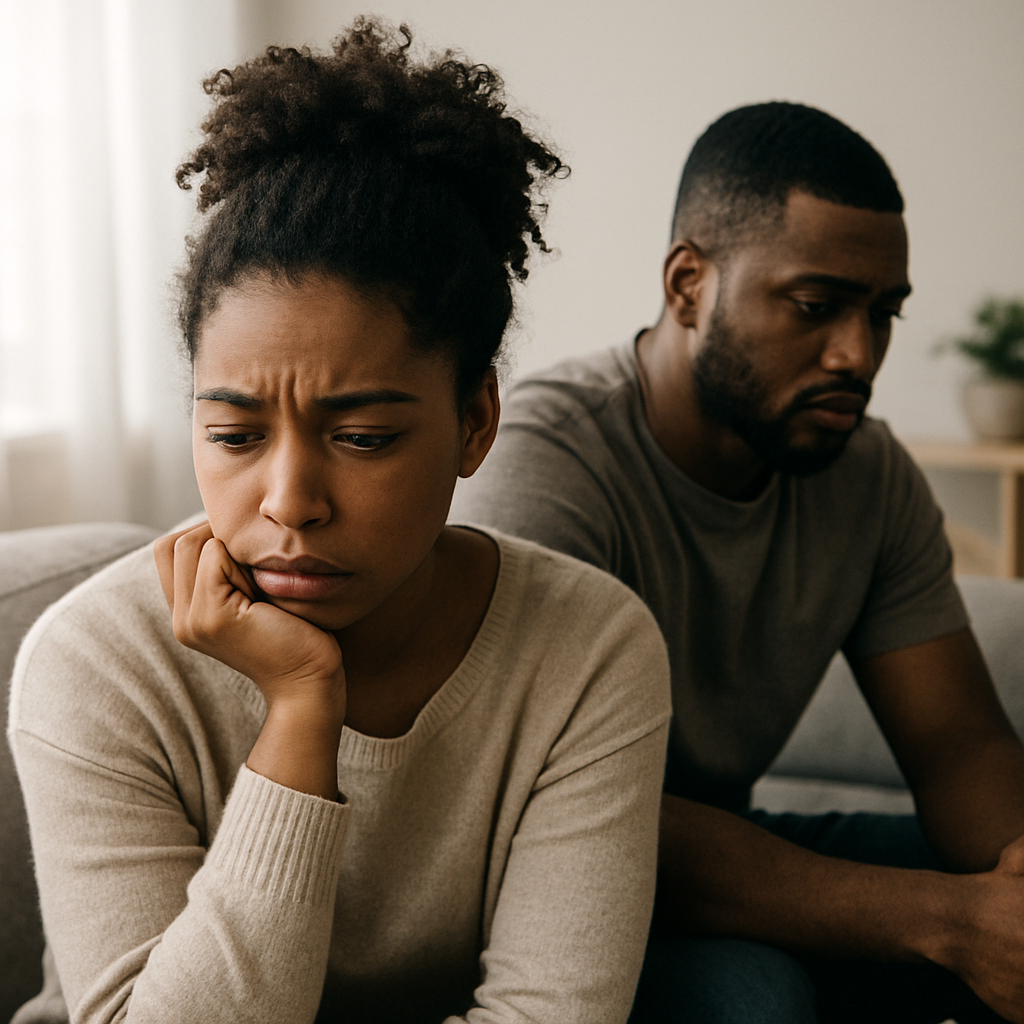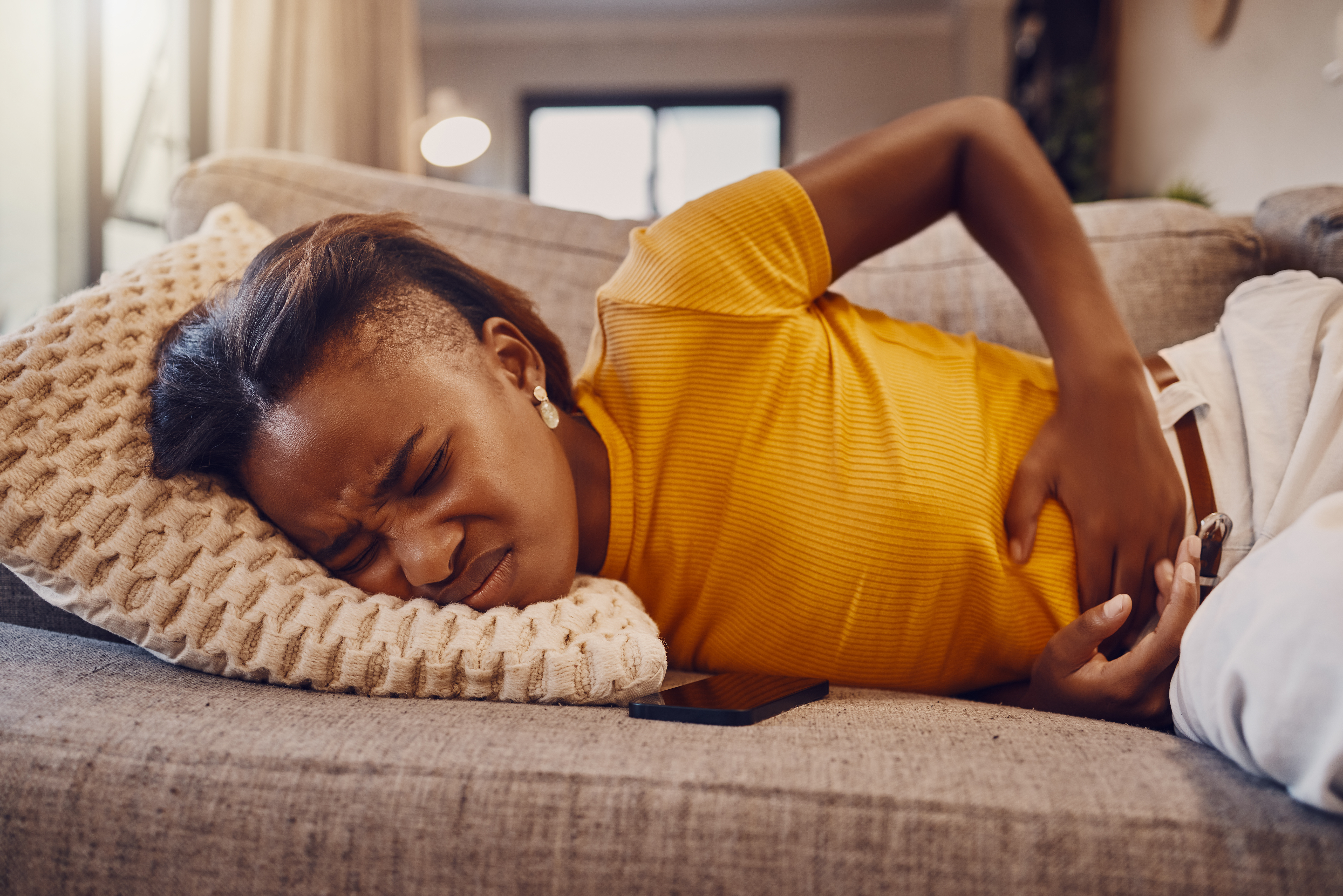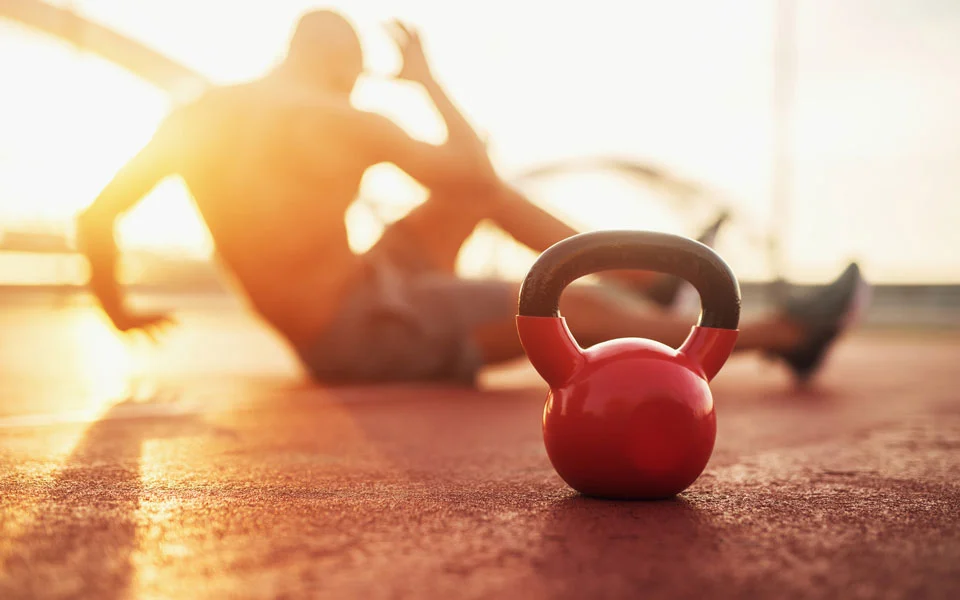The debate over the best time to exercise—morning or evening—has been long-standing. Both sides have their passionate advocates, with some swearing by the morning workout and others thriving on the stress-relief an evening session provides. So, what does the science say?
The case for morning workouts
Research shows that people who exercise in the morning are more likely to stick to their routine. According to a study published in the Journal of Physiology, morning exercisers tend to develop more consistent exercise habits. This is because morning workouts often occur before the day’s responsibilities can interfere.
A morning workout can kickstart your metabolism, helping you burn more calories throughout the day. A study from the International Journal of Obesity found that morning exercisers experienced greater fat oxidation compared to those who exercised in the evening. This phenomenon, known as excess post-exercise oxygen consumption (EPOC), means you continue to burn calories even after you’ve left the gym.
Starting your day with a workout can significantly improve your mood and mental health. The Mayo Clinic reports that exercise releases endorphins, which are natural mood lifters. Exercising in the morning can set a positive tone for the day, reducing stress and anxiety levels.
Contrary to what you might expect, morning workouts can actually improve your sleep quality. A study by Appalachian State University found that participants who worked out at 7 a.m. had deeper, longer sleep cycles than those who exercised at 1 p.m. or 7 p.m.
The case for evening workouts
Evening workouts might give you a physical edge. Research published in the Journal of Strength and Conditioning Research indicates that muscle strength and function peak in the late afternoon and early evening. This means you might be able to lift heavier weights and perform better overall if you work out later in the day.
Your body temperature naturally rises throughout the day, peaking in the late afternoon and early evening. This can enhance your performance by improving muscle flexibility and reducing the risk of injury. The American Council on Exercise suggests that this time of day is when your muscles are at their most pliable, allowing for better performance and a reduced likelihood of strains and sprains.
For many, evening workouts serve as a stress-reliever after a long day. According to the Anxiety and Depression Association of America, physical activity can help reduce stress and anxiety. An evening workout can be the perfect way to unwind and transition from work mode to relaxation.
Evening workouts often present more opportunities for social interaction. Gyms tend to be busier in the evening, providing a chance to connect with friends or meet new people. This social aspect can enhance the overall enjoyment of your exercise routine and keep you motivated.
So, which is better?
The answer isn’t black and white—it depends on your personal preferences, lifestyle, and fitness goals. Here’s a breakdown to help you decide:
Morning workouts are better if you: Want to establish a consistent routine. Aim to boost your metabolism early in the day. Need a mental health and mood boost to start your day. Struggle with sleep quality and want to improve it.
Evening workouts are better if you: Perform better with enhanced strength and flexibility. Look for a way to relieve stress after work. Enjoy socializing and the camaraderie of a busier gym.
Prefer a time when your body is naturally more prepared for exercise.
Ultimately, the best time to work out is the time that fits seamlessly into your schedule and feels best for your body. Whether you’re a dawn warrior or a dusk devotee, consistency is key. Listen to your body, experiment with different times, and choose the one that helps you stay motivated and achieve your fitness goals.












































